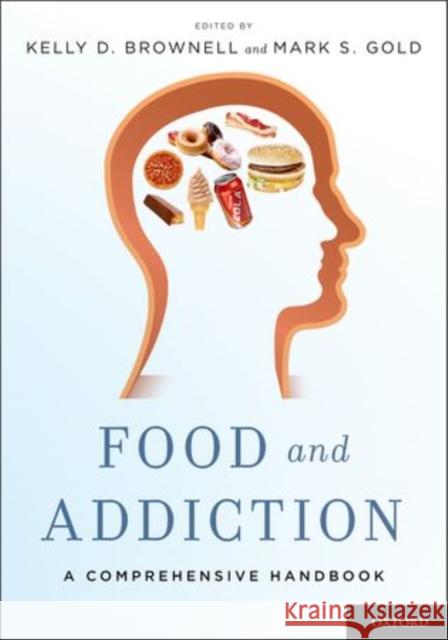Food and Addiction: A Comprehensive Handbook » książka
Food and Addiction: A Comprehensive Handbook
ISBN-13: 9780199738168 / Angielski / Twarda / 2012 / 496 str.
Food and Addiction: A Comprehensive Handbook
ISBN-13: 9780199738168 / Angielski / Twarda / 2012 / 496 str.
(netto: 798,18 VAT: 5%)
Najniższa cena z 30 dni: 757,93
ok. 16-18 dni roboczych.
Darmowa dostawa!
Can certain foods hijack the brain in ways similar to drugs and alcohol, and is this effect sufficiently strong to contribute to major diseases such as obesity, diabetes, and heart disease, and hence constitute a public health menace? Terms like "chocoholic" and "food addict" are part of popular lore, some popular diet books discuss the concept of addiction, and there are food addiction programs with names like Food Addicts in Recovery Anonymous. Clinicians who work with patients often hear the language of addiction when individuals speak of irresistible cravings, withdrawal symptoms when starting a diet, and increasing intake of palatable foods over time. But what does science show, and how strong is the evidence that food and addiction is a real and important phenomenon?
Food and Addiction: A Comprehensive Handbook brings scientific order to the issue of food and addiction, spanning multiple disciplines to create the foundation for what is a rapidly advancing field and to highlight needed advances in science and public policy. The book assembles leading scientists and policy makers from fields such as nutrition, addiction, psychology, epidemiology, and public health to explore and analyze the scientific evidence for the addictive properties of food. It provides complete and comprehensive coverage of all subjects pertinent to food and addiction, from basic background information on topics such as food intake, metabolism, and environmental risk factors for obesity, to diagnostic criteria for food addiction, the evolutionary and developmental bases of eating addictions, and behavioral and pharmacologic interventions, to the clinical, public health, and legal and policy implications of recognizing the validity of food addiction. Each chapter reviews the available science and notes needed scientific advances in the field.










